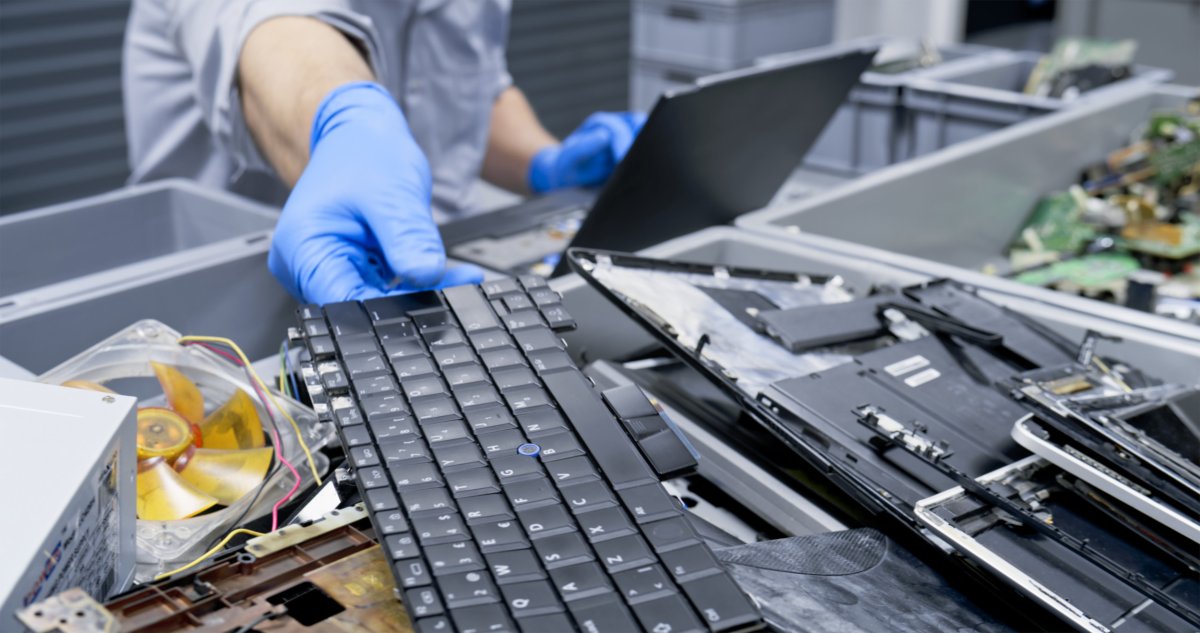China’s Banks Hit Russia’s War Economy

China’s banks have started rejecting payments from Russian importers in a key industry, a Russian newspaper reported Thursday.
Chinese trade and financial inflows have helped buoy Russia’s isolated economy since President Vladimir Putin’s invasion of Ukraine two years ago, but the strategic partner’s banks are increasingly skittish in the wake of U.S. secondary sanctions targeting institutions believed to be helping Russia’s military-industrial base skirt sanctions.
Russian newspaper Kommersant cited industry insiders as saying Chinese banks are now blocking orders for components used to assemble electronic products like laptops, servers, and storage devices.
The trouble reportedly began in December, when many traders encountered difficulties making payments for finished products.
Then late last month, Russian firms began receiving letters from their Chinese partners stating that their payments were not going through for orders of components for electronics either, according to one of Kommersant’s sources.
The payments are being blocked “even for those organizations that have signed long-term contracts for component production and supply for the assembly of electronics with Russian customers,” the individual added.
China is the world’s dominant supplier of electronic components. So, for these businesses, long delays may be the new norm.
Newsweek reached out to the Russian and Chinese foreign ministries via written request for comment outside office hours.
Industry insiders have pointed to the looming threat of U.S. sanctions as a likely cause.
“We, like all leading industry players, are under pressure from secondary sanctions and are working to mitigate their consequences as much as possible,” internet technology company Fplus told the newspaper.

Getty Images
In December, President Joe Biden signed an executive order imposing new penalties in a new blow to Moscow’s military supply chain.
Some major Chinese banks have stopped processing Russian payments. Others have switched to transactions via third parties, increasing the price of trade and causing delays. Other banks are increasing wait times as they cautiously carry out due diligence to avoid being sanctioned.
Last month, Russian traders who made payments to Chinese sources complained of a 10 percent settlement success rate.
Though the new secondary sanctions do not restrict trade unrelated to Russia’s military-industrial complex, “some Chinese banks may consider their risks unacceptably high or compliance too complicated or costly,” Pavel Bazhanov, a Russian lawyer who offers provides support for Russian businesses in China, previously told Newsweek.
During her visit to China last week, U.S. Treasury Secretary Janet Yellen warned her Chinese counterpart, Vice Premier He Lifeng, there would be “significant consequences” for Chinese companies that aid Russia in its war against Ukraine.
Uncommon Knowledge
Newsweek is committed to challenging conventional wisdom and finding connections in the search for common ground.
Newsweek is committed to challenging conventional wisdom and finding connections in the search for common ground.




